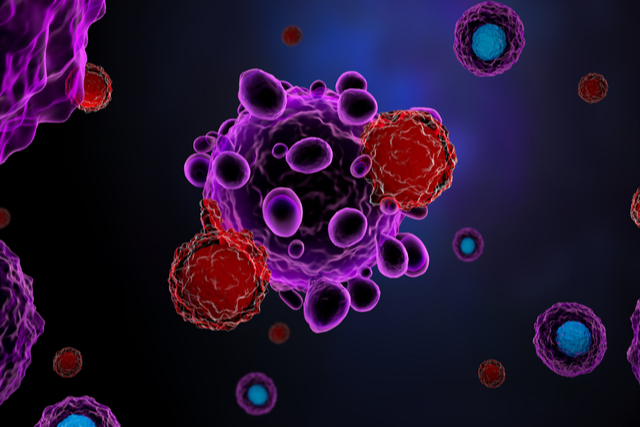Males and females differ in their immunological responses. Females often present a stronger immune response, which is not always beneficial. Overreaction may occur making them more susceptible to autoimmunity compared to males. About 75% of autoimmune diseases occur in women, most frequently during the childbearing years.
Pregnancy, a unique immunological state
A woman’s immune system is fierce and geared for pregnancy. Using inflammatory molecules, the female immune system controls and signals all the processes of ovulation, fertilization, implantation, gestation, labour and lactation. Pregnancy is a unique immunological state. In the period between implantation and birth, a woman’s immune system adapts in a highly orchestrated manner allowing the foetus to thrive. The normal immune system facilitates all the processes leading to reproductive success. However, abnormalities of the female immune system, including autoimmunity, potentially interfere with reproduction at multiple levels.
True Tolerance, Maternal Acceptance of the Foetus
In the implantation process, the maternal immune system is reprogrammed from rejection to temporary tolerance of the paternally derived foreign graft, the foetus. If the immune system is defective, however, these adjustments do not occur and the immune system itself can attack the embryo, foetus and placenta and can be the cause of infertility, recurrent miscarriages and spontaneous abortion. Premature birth (low birth weight) and pre-eclampsia are increasing these days and they are also associated with immune dysregulation.
Autoimmunity vs Immune tolerance
The modern increase in inflammation and autoimmunity and the prevalent problem with the gut that determines the immune tolerance level can affect fertility at multiple levels and disrupt pregnancy processes.
The problem is that autoimmunity is very common and can be silent, often not manifesting any symptoms while it is interfering with the normal process of reproduction. Recurrent pregnancy loss affects 1–3% of all couples and about half of these cases have no identifiable cause. It is believed that a host of abnormal maternal immune responses could account for a portion of unexplained infertility and pregnancy complications.
It is not rare to find my patients have conditions of an autoimmune nature, be it psoriasis or a gut problem such as IBS, coeliac disease, joint pain or hypothyroidism (Hashimoto’s thyroiditis). Food sensitivities and allergies are also common features.
Whilst conventional clinical specialisation has led to advances by isolating and partitioning the components of human systems and provides discrete treatments for discrete disease entities, the close links between the immune-mediated processes which affect female reproductive success at multiple levels require a new approach.
Autoimmunity is caused by a damaged immune system and repairing the damage can treat the issues that arise. This approach contrasts with current medical regimens that are based upon the theory that autoimmune disease stems from a confused immune system and needs to be suppressed by drugs.
It is the restoration of cellular health, especially of gut health, microflora and our food choice that is of importance and is relevant for an aggressive immune system and related fertility issues. A tamed immune reaction is the key to a successful conception and maintaining a pregnancy.





